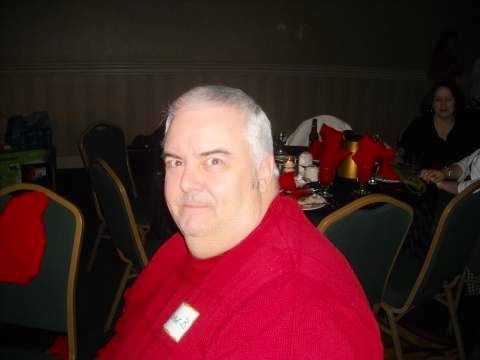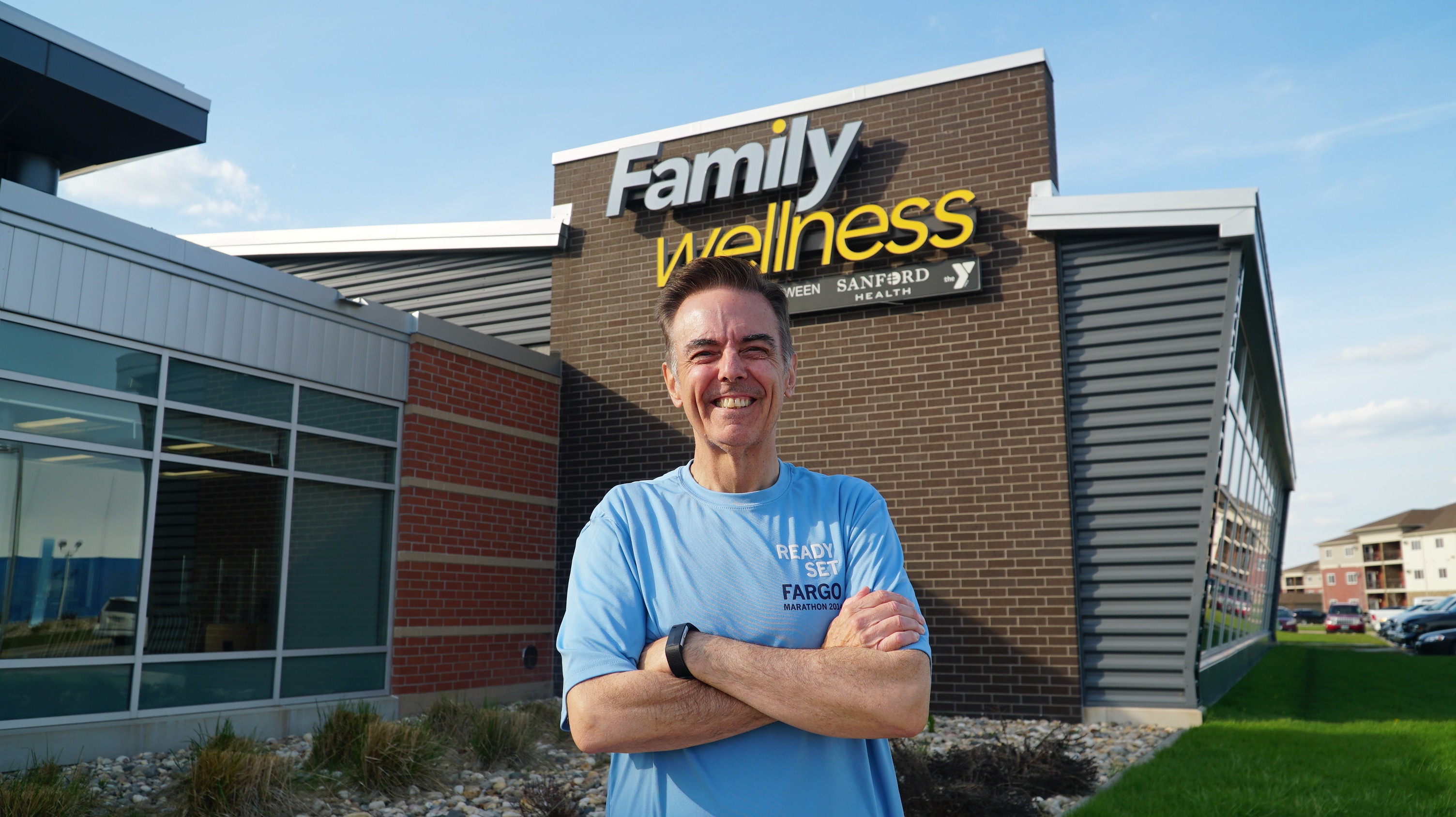Having just finished his second full marathon and beating his first time by 16 minutes at the Sanford Fargo Marathon, George Miller is thankful for his weight loss surgery, which kick-started his now-healthy lifestyle.
Before his weight loss surgery in October 2009, Miller weighed 356 pounds. “Life was difficult before surgery,” he said.
Recalling the need for an extra seat belt while flying and taking stairs one step at a time, Miller knew he needed a change. “I knew I could not continue to live that way,” he said. “It was a self-realization that I had for a while, but I knew I needed to do something drastic to make it happen.”
Learn more: Lose weight and keep it off
The turning point
Although he didn’t see himself as overweight as he actually was, Miller was starting to experience some pain. After years of carrying a significant amount of extra weight, his leg and arthritic knees began to bother him.

“I decided I was going to try it on my own one more time, which I had done many times,” he said. “And I lost 30 pounds, but then I gained like 40 back.”
It wasn’t until after a long day of golfing in the sun that he experienced his turning point — despite playing pretty well.
“It just wasn’t fun. And we had carts. … It’s not like I was walking 18 holes, but I was just miserable,” he recalled.
“So I said, OK, I need to make an appointment and look into gastric bypass and see if I can qualify.”
Miller didn’t have any other existing health issues as a result of being overweight, but he wanted to be preventive.
“I knew that if I didn’t do something, I was going to start having issues,” he said. “I needed to change my lifestyle and needed a kick-start to get it done.”
Life after gastric bypass surgery
“It’s like night and day,” said Miller about his condition before vs. after surgery. “There are still things that I don’t realize I can do, because I never tried to do them because I couldn’t before.”
Now a healthy eater and avid exerciser, Miller recalls his lifestyle before he received surgery and guidance.
“I ate so terribly before surgery. I was a fast food junkie and ate fast food every day,” he said. “Now, I eat probably at least eight times a day, but it’s 200 to 300 calories a time.”
Knowing that a healthy lifestyle would require more than weight loss surgery, Miller committed to a healthy diet and regular exercise after his operation at age 50. He participated in a 12-week weight loss coaching program at Sanford Health. He and his coach, Sara Johnson, met once a week to set goals and evaluate Miller’s progress.
“I really think, as far as the exercise part goes, that really put me on the path to success,” he said. “I wanted to have goals, because I figured I had to have goals to make it work.”
Two years after Miller’s surgery, he continued to work toward his goals and ran the mini marathon.
“It took me forever, but then I did it the second time a year or two later and improved my time by over 30 minutes,” Miller said. “In between that time, I had gotten down to my goal weight, which was around 190 pounds, but then I gained around 20 pounds over the winter.”
Get pro running tips: Sanford POWER Runners Coaching
Miller remembers being so upset and wondering how he let that happen.
“So I rededicated myself, and I actually went down below my goal weight and got to 175 pounds,” he said. “When I first went in, I weighed 356, so I’m literally half the man I used to be.”
In 2016, a few years after his surgery, Miller ran his first full marathon.
“I’ve never been this healthy in my life,” he said. “My life has completely changed.”
Reasons for Miller’s success
Miller discusses the importance of putting in effort after the surgery to enhance the success of weight loss surgery. “You have to eat healthy, you have to exercise and you have to be cognizant of what you’re doing.”
Weight loss support group: “A reason for my success is the weight loss support group at Sanford led by Shelley Wilm,” Miller said. Sanford Health’s Bariatric Surgery Support Group, facilitated by a registered nurse, is a program open to pre- and post-operative weight loss surgery patients. In this group, patients ask questions, share tips and stories, and learn from each meeting’s educational topic. Following each meeting, a free group exercise class is available at the Sanford POWER center.
Logging meals: Miller uses MyFitnessPal, which is an app that logs meals and exercise. “I never miss a day, and I believe that’s been part of my success as well,” he said. “I have bad days. Everyone does. But I’m aware of them, and then I think, ‘OK, I can’t do that again.’ ”
Following instructions: Before surgery, Miller met with a dietitian, which is part of the weight loss surgery process at Sanford Health. “I followed the instructions, recorded meals, ate more protein, less carbs and sugars,” he says. Miller also meets yearly with Bonnie Groth, a Sanford Health nurse practitioner, who he says helps him stay on track and has offered great support throughout his journey.
Learn more
- How weight loss surgery improves overall health
- Weight loss surgery Q&A with an expert
- Couple achieves significant weight loss without surgery
…
Posted In Healthy Living, Running, Sanford Sports, Weight Loss
